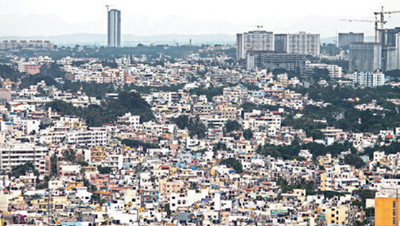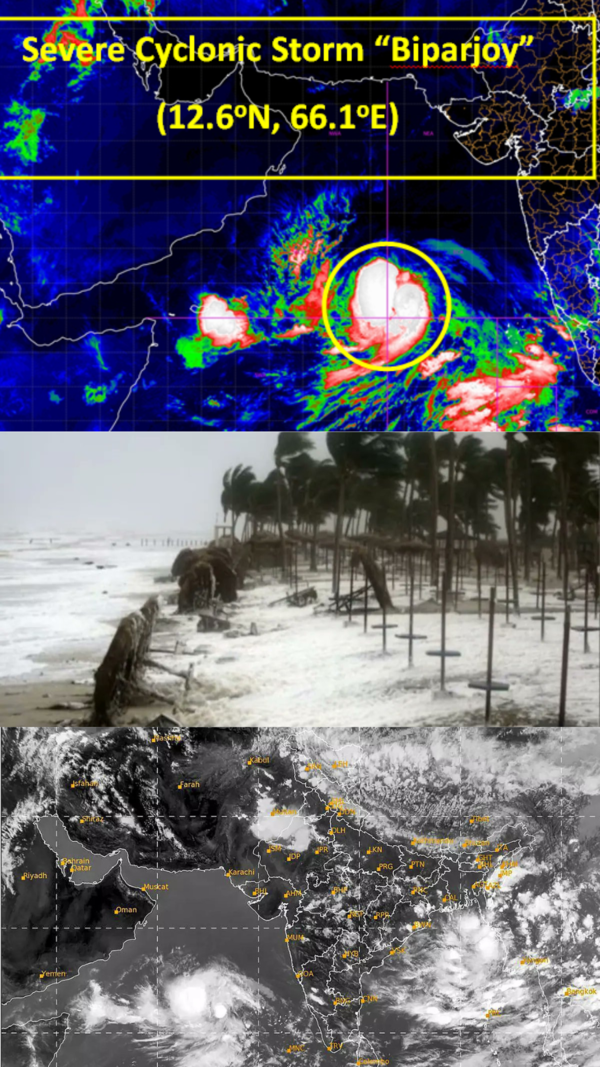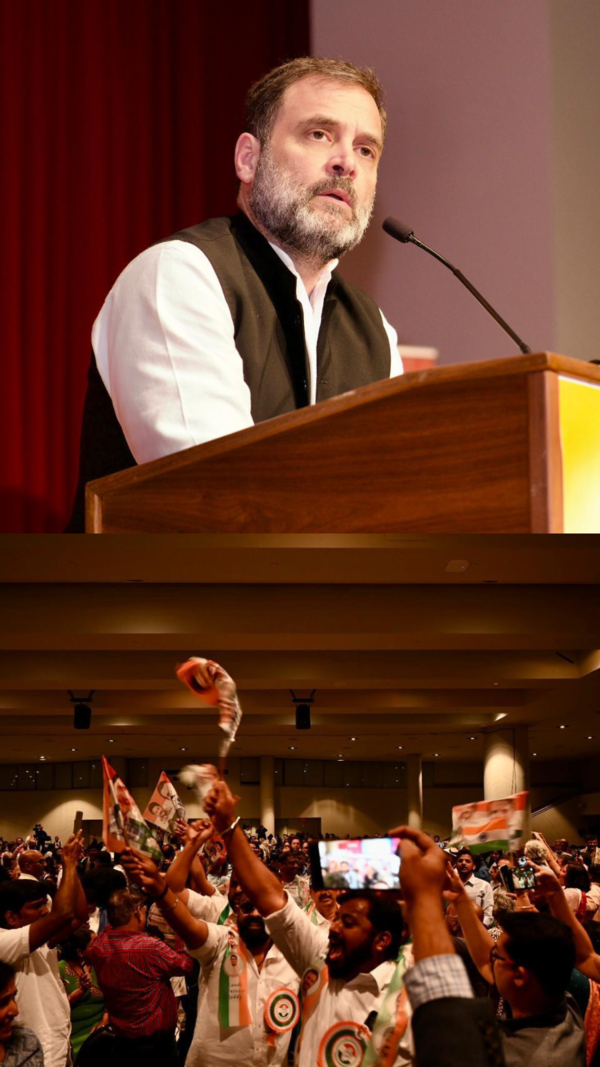- News
- City News
- bengaluru News
- Skewed growth challenge for Karnataka: IIMB, CII
Trending
Skewed growth challenge for Karnataka: IIMB, CII

Representational image.
BENGALURU: Geographical imbalance in development, with Bengaluru Urban district contributing more to the GDP than the entire North Karnataka, is one of the biggest concerns in the state’s growth story, said a report prepared by Indian Institute of Management Bangalore (IIMB) and Confederation of Indian Industry (CII).
The Karnataka@100 Vision document was unveiled at IIMB on Monday. The report outlines major areas of attention and provides suggestions to further solidify Karnataka’s position.
The report stated that the state suffers from stark regional inequality, with poverty fairly low in the south (only 2% in Bengaluru) as against 41% in Yadgir. It recommended upgrading physical and social infrastructure beyond Bengaluru and developing new economic clusters, particularly in tier-two cities such as Belagavi, Hubballi-Dharwad, Mysuru, Kalaburagi and Mangaluru, leading to broader statewide prosperity.

The authors recommended the model of mayorship to boost urban governance for the betterment of Bengaluru. “It is important to empower the municipalities and the councillors to hold the right stakeholders accountable for the infrastructure problems in the urban setup. The powers and responsibilities have to be decentralised, instead of having a minister in urban governance,” said Subramoney.
“I think Karnataka is a lucky state because lots of good things have happened for Karnataka without them necessarily having been deliberately thought about… But how much different we could make it if we actually did something deliberate to build on that foundation. I think that’s the challenge and that’s where the institutional priority that you underline becomes very important.” said Prof Rishikesha T Krishnan, director, IIM Bangalore.
The report pointed at the alarming decline from 69.8% in 2018-19 to 58.8% in 2020-21 in elementary education funding. However, budget allocation for university-level education has risen by around 2%. The contributors of the report batted for tourism and hospitality as an industry, as it contributes 14% of the GSDP.
The Karnataka@100 Vision document was unveiled at IIMB on Monday. The report outlines major areas of attention and provides suggestions to further solidify Karnataka’s position.
The report stated that the state suffers from stark regional inequality, with poverty fairly low in the south (only 2% in Bengaluru) as against 41% in Yadgir. It recommended upgrading physical and social infrastructure beyond Bengaluru and developing new economic clusters, particularly in tier-two cities such as Belagavi, Hubballi-Dharwad, Mysuru, Kalaburagi and Mangaluru, leading to broader statewide prosperity.

“Development of Karnataka has become the development of Bengaluru,” said Prateek Raj, faculty member (strategy) at a panel discussion during the release of the report. The authors – Jitamitra Desai, Prateek Raj, Shanker Subramoney and Anil B Suraj — all faculty members at IIMB — emphasised decentralisation, accountability and transparency.
The authors recommended the model of mayorship to boost urban governance for the betterment of Bengaluru. “It is important to empower the municipalities and the councillors to hold the right stakeholders accountable for the infrastructure problems in the urban setup. The powers and responsibilities have to be decentralised, instead of having a minister in urban governance,” said Subramoney.
“I think Karnataka is a lucky state because lots of good things have happened for Karnataka without them necessarily having been deliberately thought about… But how much different we could make it if we actually did something deliberate to build on that foundation. I think that’s the challenge and that’s where the institutional priority that you underline becomes very important.” said Prof Rishikesha T Krishnan, director, IIM Bangalore.
The report pointed at the alarming decline from 69.8% in 2018-19 to 58.8% in 2020-21 in elementary education funding. However, budget allocation for university-level education has risen by around 2%. The contributors of the report batted for tourism and hospitality as an industry, as it contributes 14% of the GSDP.
Start a Conversation
FOLLOW US ON SOCIAL MEDIA
FacebookTwitterInstagramKOO APPYOUTUBE










